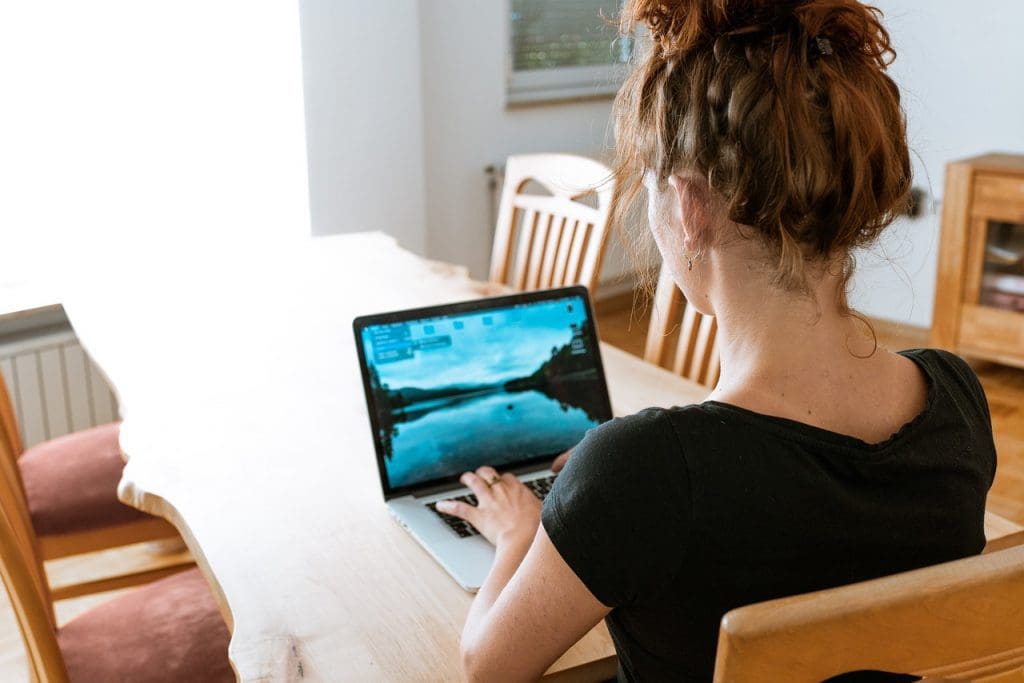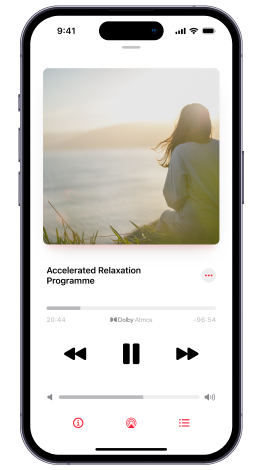I totally get it. Taking the decision to book a session with a hypnotherapist can seem like a big step.
Is it going to work?
Is it going to be worth the money?
Are you going to get roped into 10 sessions that you can barely afford?
Starting with the last question first, the answer is a resounding ‘no’. Most people who come to see me see major improvements in just one or two sessions.
Three or more sessions, by comparison, is the exception rather than the rule.
As for the first two questions, I would politely ask you to look at some of my Google reviews.
One thing I can definitely tell you is that hypnotherapy is going to work much better for you if you do several things in advance.
That’s because what I bring to the table is ‘fixed’, so speak. My training, my experience, my track record – I bring the same version of myself to every therapy session that I undertake.
You, however, are the unknown quantity.
So if I can give you some advice that will greatly improve your chances of your clinical hypnotherapy session being successful, then I certainly will.
In it to win it
Having now completed more than 5,000 hypnotherapy sessions, nothing is more clear in my mind than this: people who don’t really want to see me will not get the best results.
By which I mean those people for whom the hypnotherapy session was bought as a gift. Or people who were strongly encouraged by loved ones to come and see me but who were reluctant to agree.
If the will isn’t really there, then the client automatically starts on the back foot. It is very similar to the placebo effect, which is a very real thing.
A key part of the process
Test after test shows that when people who are ill are given placebos (i.e. fake drugs with no active ingredients), they will often recover if they are told they are real.
So I am not at all embarrassed to say that belief is a significant part of the hypnotherapeutic process. I am very open about this when I speak to clients, and it is for this reason that I sometimes suggest that a doubter and I don’t work together.
Highly sceptical clients, or those who really don’t want to be there, are not likely to benefit in the same way as those who come with a natural inclination towards believing in the process.
When you have taken this course of action for yourself – by which I mean signing up for a hypnotherapy session – then you are signalling to yourself that you not only need help, but that you believe this may be a solution.
You are invested in it.
And if you self-select your treatment in this way, then it has the highest possible chance of success.
So come with an open attitude – and make sure that your scepticism does not outweigh your optimism. This is true for whatever is holding you back – be it insomnia, anxiety or a phobia of some kind.
A pre-session checklist to get the ball rolling
The next tip on my list is that you should do your pre-session work. I prepare a set of questions for every client, and these take about 60 minutes to complete.
Once again, those people who clearly put extremely limited effort into this tend to be the ones whose treatment outcome is the most disappointing.
Though it may sound onerous, completing the form is far from it. In fact, almost without exception, everyone who completes the paperwork says they find it really useful in helping them to structure their thinking.
They also find it therapeutic. As your hypnotherapist, it is also critical in helping me to plan the session. This saves you time and money.
So try not to think of the pre-prep as boring homework, but a critical part of the process. And, if it helps you to think of it this way, it is all part of the treatment plan that you have actually paid for!
Putting yourself in the right place physically
The third and final tip is to make sure that you are physically in the right place when you are doing hypnotherapy online. Online sessions are now the most common type of hypnotherapy that I offer, and I have developed a few clear guidelines.
The first is to make sure that you are in a quiet place in your own home where you will not be interrupted. Be clear on this with your family, or you will likely be stressed throughout the session thinking that somebody may burst in on you.
Ideally, you should use something bigger than a phone screen to communicate with me. A phone can work in an emergency, but it is much better to find a bigger screen, such as an iPad, a laptop or desktop PC.
You want to be able to see me clearly and in detail – and the same is true of me for you.
Perhaps the best way to approach the session is to remind yourself that you are having a private consultation with a professional. You wouldn’t, for example, have an online conversation with a professional while wearing your pyjamas and propped up in bed.
That would set the wrong dynamic and tone, and should be avoided at all costs. You don’t have to put on your Sunday best – just try and approach it with a serious, positive and professional mindset.
If you bring yourself to the party, so to speak, you will get the best out of the experience. As mentioned, my own involvement is the constant. You are the variable, so try and make sure you don’t risk upsetting the process by presenting yourself in unfavourable conditions.

